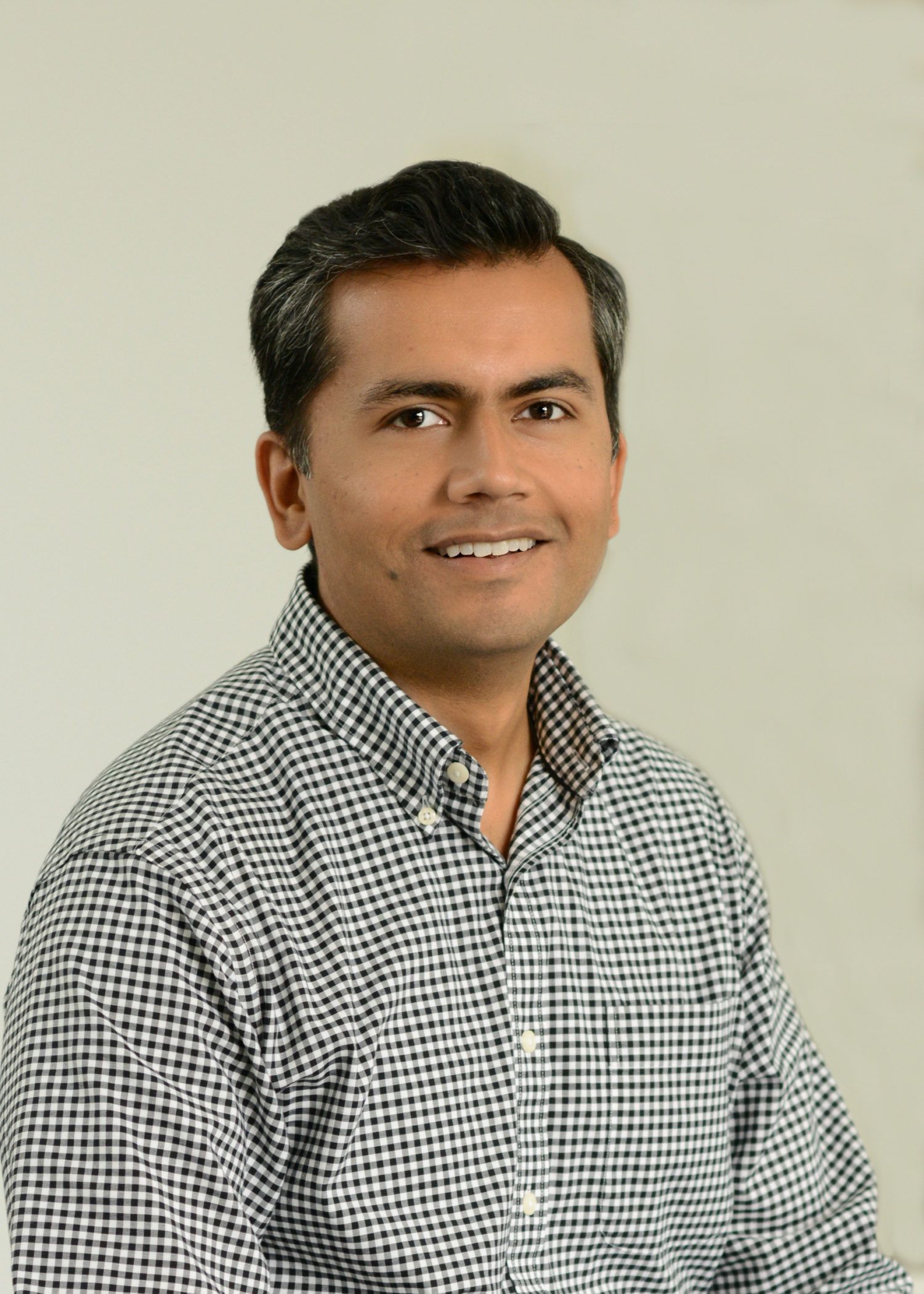
We have been following the social distancing guidelines for two weeks now with more weeks to go. One population that truly needs and is literally prescribed social interaction is that of Substance Use Disorder (SUD). In fact, the 12 step (recovery approach) community, relies on being social wherein attending group meetings to share experience, strength, and hope is a part of the proven philosophy.
Turns out, social distancing while helpful with the COVID-19 crisis is creating another one; that of isolation. As Spencer Medcalf, a peer recovery coach told me, “Addiction is a disease of isolation and isolation will kill you.” Addiction recovery programs such as Intensive Outpatient Programs (IOP) are built upon face-to-face interactions, keeping people accountable, developing habits, in-person nudges and more. Isolation drives people back to unhealthy behaviors of substance abuse, by recalling memories and mentally putting them into that negative environment. Patients are not anxious about catching coronavirus, but about their sobriety!
The good news is that technology is coming to the rescue as a lot of addiction programs are getting creative in delivering care virtually. A lot of traditional Alcoholics Anonymous SMART meetings are now taking place online. Private groups on Facebook and elsewhere are springing into action so people can continue to connect and support each other remotely. Patients are self-selecting into virtual addiction recovery and sticking to it with a new commitment, they want to stay sober. There have been no dropouts as one would see typically in a traditional IOP program. Psychiatrists can do patient consults virtually, order medications including Suboxone, to help with withdrawals. There have been zero no-shows, and the relaxed rules around the length of medication refills are helpful too. The virtual nature adds a level of convenience in terms of not having to travel to the clinic, maybe even helps in terms of the stigma aspects as no one else sees you walk into an addiction clinic.
Recovery Coaches are also getting creative in giving homework assignments and checking in on patients to ensure accountability. Whether it is art therapy, exercise therapy or hosting group meetings over a web conference or even one-on-one sessions via video calls, the frequency of outreach and follow up has tripled in certain cases. And the patient response has been positive; “Good to know you care about me and are checking on me,” said a patient to a counselor in one instance. Even patients are improvising; uploading and sharing audio and video of motivational speakers through YouTube so people can play those and get some positivity and encouragement. In reality, SUD patients are more used to chaos and to some degree can cope and adapt, some more so than others of course.
Unfortunately, a lot of independent and small addiction clinics are also letting patients go due to a lack of virtual care options, whether infrastructure or tech know-how. Inpatient rehab and detox clinics no longer have a place to send graduating patients. The lack of care transition and follow up is going to impede outcomes of these inpatient facilities/approaches said Bill Rogers, an addiction specialist. “It is turning out to be the Wild West of addiction care,” said Linda Daniel, director of an addiction recovery and treatment center. “We are getting high-acuity patients of whom we have no medical history and should really be at an inpatient detox center rather than come to an outpatient treatment facility,” she added. “Alcohol sales have risen, people are getting back into the prior behaviors that drives them towards addiction and then relapse,” added Rogers. Relapse related reports are rising, people are struggling; not specifically due to COVID-19, but its indirect effect of having to cope with lack of physical contact more than anything else.
At the end of the day, it’s about keeping SUD patients busy, out of their heads and misery. Helping others is a great way of staying clean. “Put a routine in place, even with simple things like go for a walk, shower, do laundry. Checking items off the list at the end of the day is very fulfilling,” said Medcalf. New skill development can not only engage patients in something positive but also help with employment. Exploring a new hobby or learning a new language, are all areas where technology can play a vital role, apart from connectivity to people, medication management, and so on.
As we adapt to this new normal, more attention needs to be given to the SUD population so as not to extend the opioid epidemic, while managing the COVID-19 pandemic.
Varun Goyal Bio
Varun Goyal is the CEO and Co-Founder of illuminate.Health, a digital health startup helping patients and family caregivers optimize medication therapies supported via telehealth. The organization has a mission to be the digital care assistant to help people with self-care at home where the majority of healthcare happens.
Mr. Goyal is a healthcare technology executive with 18+ years of consulting, product management and strategy experience. He has held global leadership roles with Availity, Hill-Rom, Oracle, and Motorola. Mr. Goyal holds a B.S., Computer Engineering from Illinois Institute of Technology, M.S. Computer Science from the University of Chicago, and an MBA in Healthcare, Strategy, and Marketing from Northwestern University’s Kellogg School of Management.
